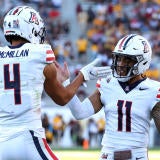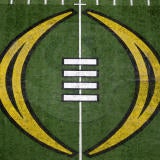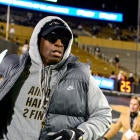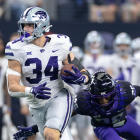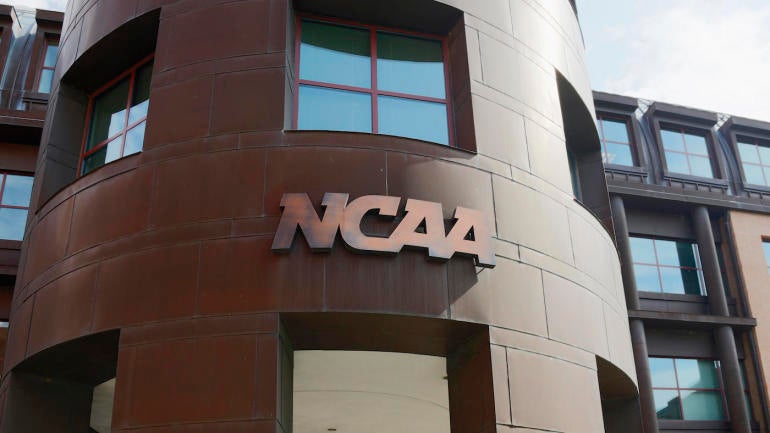
A federal judge denied a request from the states of Tennessee and Virginia for a temporary restraining order that would have halted the NCAA from enforcing NIL recruiting guidelines. The ruling comes one week after attorney generals from the two states filed a federal antitrust lawsuit. The two states claim that the NCAA violated antitrust laws by denying athletes their ability to earn full NIL compensation.
Though Judge Clifton L. Corker's decision provides an early victory for the NCAA, his comments may paint a bleaker picture for the organization's long term standing in the legal battle. Corker said he believed the states' case will "likely" succeed based on federal antitrust statutes, going as far as to say current NIL regulations "likely foster economic exploitation of student-athletes."
"Tennessee remains committed to protecting the rights of our student-athletes," Tennessee Attorney General Jonathan Skrmetti wrote in a statement. "We look forward to litigating this case and enforcing the law."
NCAA athletes have been permitted to earn NIL compensation since July 2021, but with parameters. For example, schools are not allowed to directly recruit players -- high school prospects or transfer portal entrants -- using NIL opportunities.
Shortly after the ruling, the NCAA released a statement supporting NIL rights, but calling for oversight in the recruiting proccess.
"The NCAA fully supports student-athletes profiting from their NIL rights, and the association looks forward to discussing how member schools and conferences overwhelmingly support the current rules that prohibit tampering with student-athletes and unchecked recruiting contacts," the statement read. "There is ample opportunity for NCAA members to pursue rule changes through the policy-making process in which all 1,100 schools voluntarily participate."
The judge's decision leaves current NIL regulations in place for National Signing Day on Wednesday. The next battle is a hearing for a preliminary injunction on Feb. 13 in Greenville, Tennessee. If granted, that injunction would prevent the NCAA from enforcing current NIL regulations until the conclusion of the lawsuit.
The timing of the lawsuit was no coincidence; It was filed one day after CBS Sports reported that the University of Tennessee is dealing with an ongoing NCAA investigation into potential NIL violations involving marketing firm Spyre Sports Group. The university is at risk of being labeled an NCAA "repeat violator" considering it is already on probation. That probation stems from a June case in which Tennessee was found to have committed 18 Level I violations under former coach Jeremy Pruitt. Those violations centered around bringing in recruits during the COVID-19 dead period.






